ATL contains Atenolol 50mg, a beta-blocker that lowers blood pressure and reduces strain on the heart. It is commonly prescribed for the management of hypertension, angina (chest pain), and certain types of irregular heart rhythms (arrhythmias). Atenolol works by blocking the effects of adrenaline, which slows down the heart rate, relaxes blood vessels, and reduces the risk of serious cardiovascular events like heart attack, stroke, and kidney failure.
Primary Uses
-
High blood pressure (Hypertension)
-
Angina (chest pain)
-
Arrhythmias (irregular heartbeat)
-
Management of heart attack (Myocardial infarction)
Indications
-
Hypertension
-
Angina pectoris
-
Cardiac arrhythmias
-
Secondary prevention after heart attack
How to Use
-
Take orally with a glass of water
-
May be taken with or without food
-
Swallow whole — do not crush or chew
-
Take at the same time daily for best results
-
IV form should only be administered by a trained healthcare professional
Expert Advice
-
Do not discontinue suddenly without doctor’s advice — it may worsen chest pain or blood pressure
-
Monitor blood pressure and heart rate regularly
-
Use with caution in patients with diabetes, asthma, or kidney disease
-
Avoid alcohol as it may increase drowsiness and dizziness
-
Rise slowly when changing positions to avoid dizziness
-
May take 10–14 days to show full effect
Side Effects
Common:
-
Slow pulse (bradycardia)
-
Cold hands and feet
-
Fatigue, dizziness, lightheadedness
-
Nausea, diarrhea
-
Drowsiness
Serious (seek medical attention):
-
Difficulty breathing/wheezing
-
Swelling of legs/ankles
-
Severe dizziness or fainting
-
Chest pain worsening
Warnings
-
Pregnancy: Contraindicated — may harm fetus
-
Lactation: Not recommended — may pass into breast milk
-
Driving: May cause dizziness — avoid until effects are known
-
Liver: Use with caution — safety not fully established
-
Kidney: May require dose adjustment in kidney impairment
-
Alcohol: Avoid — may worsen drowsiness and low blood pressure
Precautions
-
Inform doctor if you have asthma, COPD, heart failure, diabetes, thyroid disorders, or kidney disease
-
May mask signs of low blood sugar in diabetics — monitor closely
-
Do not stop abruptly — must taper under doctor’s guidance
-
Inform your doctor about all medicines being taken to avoid interactions
Contraindications
Do not use ATL if you have:
-
Hypersensitivity to Atenolol
-
Severe bradycardia (very slow heart rate)
-
Uncontrolled heart failure
-
Complete heart block
-
Cardiogenic shock
-
Pheochromocytoma (unless treated)
-
Metabolic acidosis
FAQs
Q: Can ATL cause dizziness or fainting?
Yes, dizziness and lightheadedness are common. Avoid driving until you know how it affects you.
Q: Can diabetics take this medicine?
Yes, but it may mask hypoglycemia symptoms — monitor sugar levels regularly.
Q: How long before ATL starts working?
Blood pressure effects are usually seen within a week, but full effect may take 2 weeks.
Q: Can I stop taking ATL once my blood pressure is normal?
No, it must not be stopped suddenly. Consult your doctor before discontinuing.
Q: What should I do if I miss a dose?
Take it as soon as you remember, unless it’s almost time for the next dose. Never double up.
Doctor’s Review
“Atenolol is an effective and reliable choice for patients with high blood pressure and angina. It reduces the heart’s workload, helping to control symptoms and prevent long-term complications like stroke or heart attack. Patients should not stop it suddenly, as this can lead to rebound heart problems.”
— Dr. Muhammad Arif, MBBS, FCPS (Cardiology & Hypertension Specialist)
Disclaimer
This information is provided for educational and product knowledge purposes only.
It is not a prescription. Always consult a qualified cardiologist or healthcare professional before starting, changing, or stopping ATL (Atenolol).

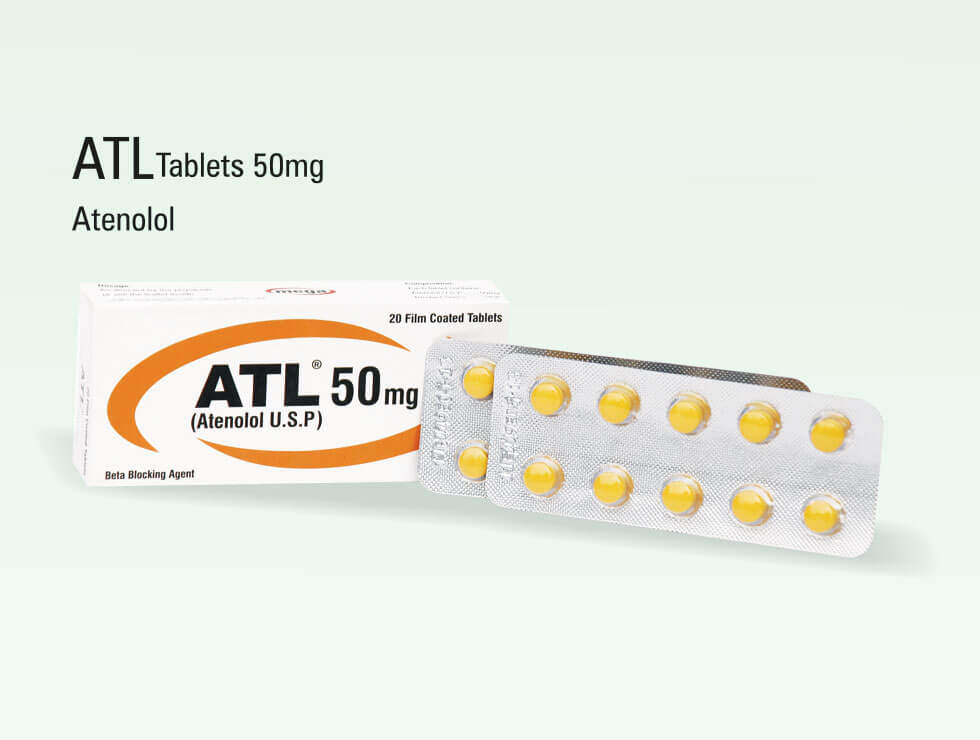

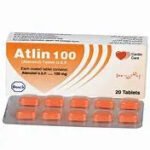

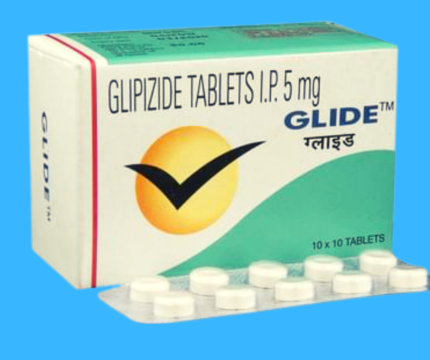
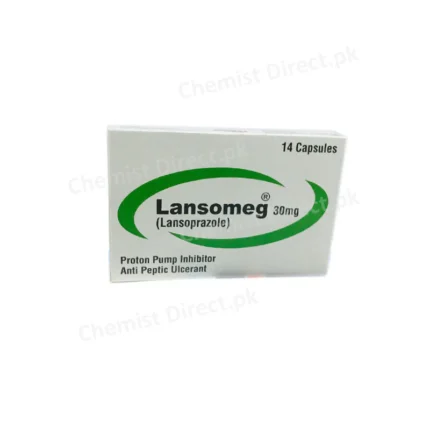
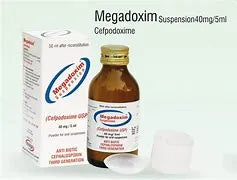
Reviews
There are no reviews yet.